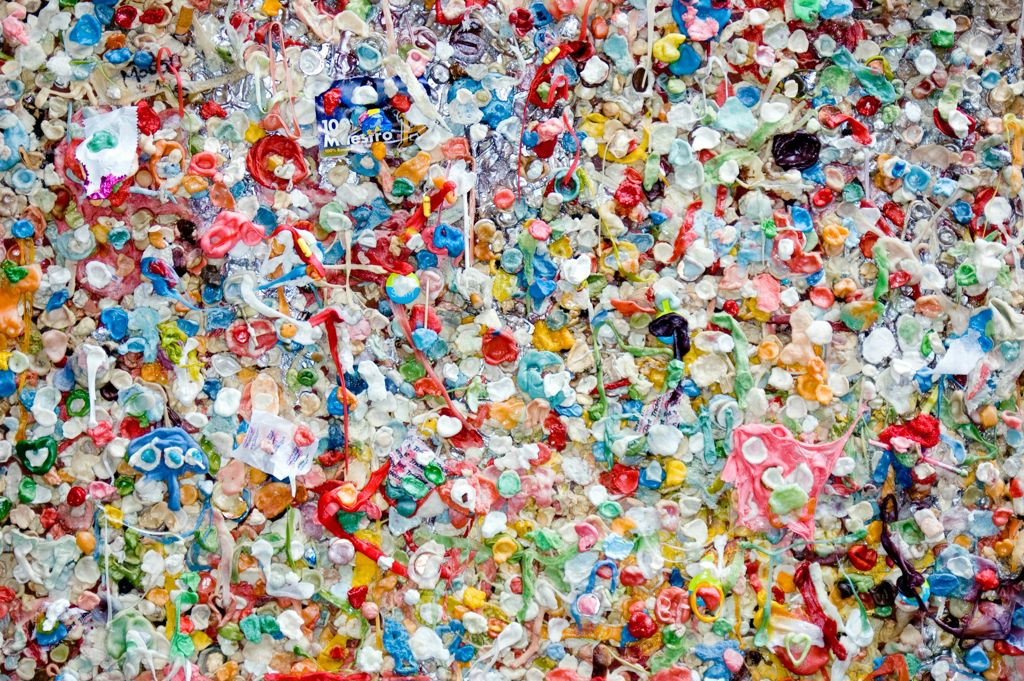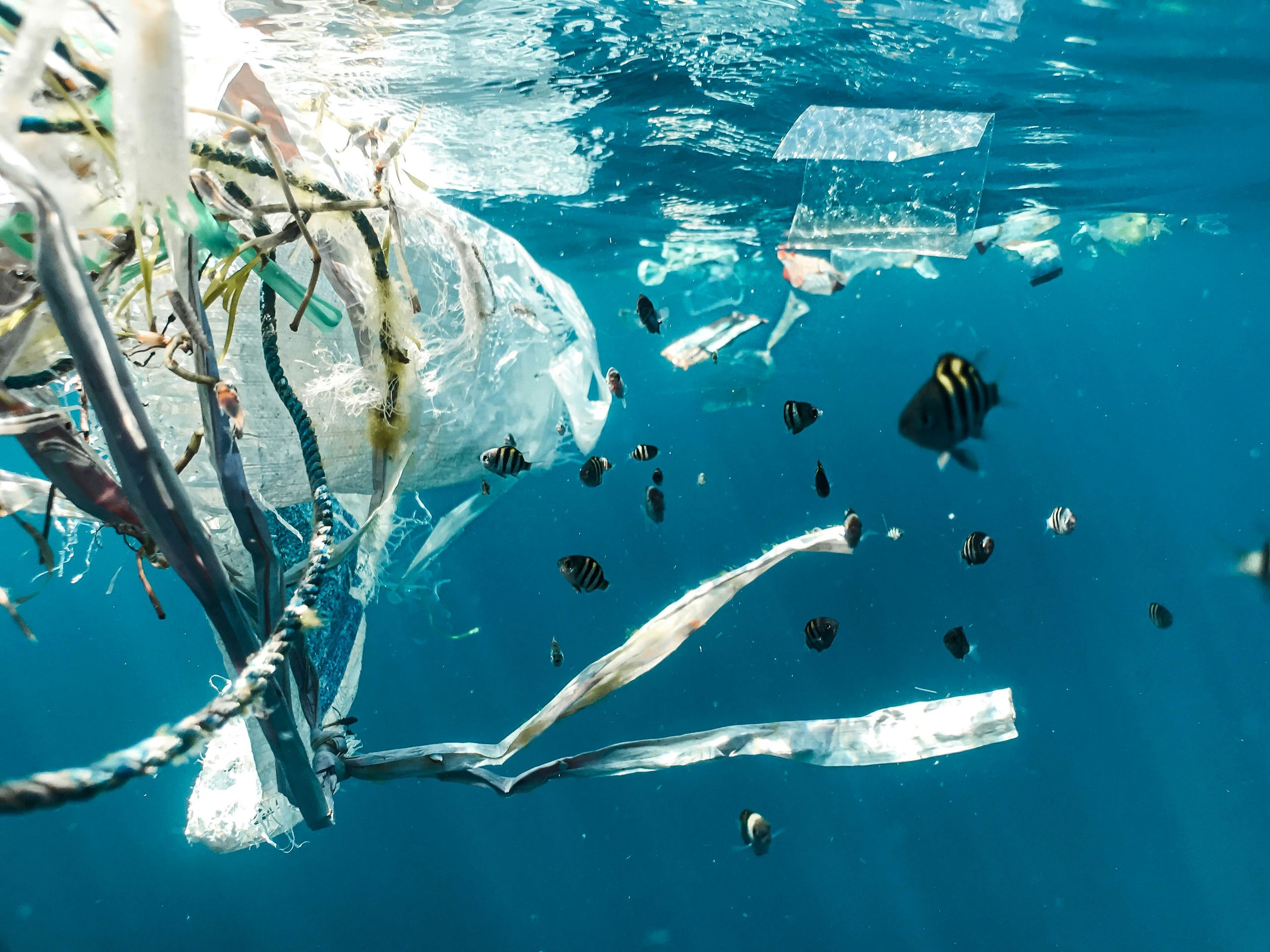New Report Sheds Light on Critical Gaps in Plastic Chemical Management
Plastic, from food packaging to car tyres, is widely used today and contains known and unknown hazardous chemicals. Plastic chemicals can leach into foods, water, and the environment, presenting health and environmental risks. A new report sheds light on the hazardous chemicals in plastics.

The research behind this report outlines essential strategies for mitigating these chemical's impact on human health and the environment. NGI - The Norwegian Geotechnical Institute, together with NTNU (Norwegian University of Science and Technology), Food Packaging Forum, EMPA (Swiss Federal Laboratories for Materials Science and Technology) and EAWAG (Swiss Federal Institute of Aquatic Science and Technology), published the report titled “PlastChem: Identifying Chemicals of Concern in Plastics”. The report seeks to transform the landscape of plastic chemical management globally.

At least 4 200 plastic chemicals (or 26%) are of concern because of their high hazards to human health and the environment.
More than 400 chemicals of concern have been detected in each primary plastic type, including in food packaging.
For more than 10 000 chemicals, data is lacking to make a hazard assessment, emphasizing a need for transparent information on plastic chemicals.
Plastics are commonly found to leach these hazardous chemicals.
The PlastChem report provides comprehensive criteria to identify and prioritize chemicals of concern that can be easily used by policy makers.
Setting the Stage for Change
“This report will be pivotal for informing policy development that addresses plastic pollution. It provides robust scientific evidence for the chemical dimension of plastics and presents a science-based approach to identify and deal with plastic chemicals of concern.”, said Dr. Laura Monclús, project manager of the PlastChem Project, co-author of the report, and researcher and senior advisor at the NGI.
The publishing of the PlastChem report can be vital as countries convene to negotiate the United Nations global plastics treaty.
The research provides crucial scientific evidence that underscores the urgent need to address plastic chemicals in international policy frameworks. “We are proud to present the PlastChem report, which represents a significant milestone in our ongoing efforts to tackle plastic pollution and safeguard human health,” says Prof. Hans Peter Arp, PlastChem co-author, Professor at NTNU and researcher at NGI. “This research shows our commitment to scientific excellence and our mission to drive safe and sustainable innovation in the global plastics industry.”
Unravelling the Complexity of Plastic Chemicals
By identifying over 16 000 chemicals of concern in plastics, like additives, processing aids, and impurities, the report presents a roadmap for policymakers and industry leaders to create safer and more sustainable plastic products. “The PlastChem report provides a state-of-the-art synthesis of scientific data on chemicals in plastics. Its robust and rigorous scientific methodology is a milestone for the evidence-based response to plastic pollution,” said Dr. Raoul Wolf, PlastChem co-author and senior advisor at NGI.
The multidisciplinary team of experts collaborated closely with international partners and stakeholders to compile data, analyse findings, and develop actionable recommendations. This collaborative approach shows NGI's role as a trusted leader in environmental research and policy development. “The PlastChem report is a wake-up call to policymakers and industry. We need chemical data transparency and better management of harmful chemicals in plastic to improve regulation. The future of innovation in plastic should focus on safety, sustainability, and necessity rather than functionality,” says Arp.
Sparking Global Dialog and Action
The impact of PlastChem report is already felt across the industry and within the United Nations. The report's findings will spark discussions among policymakers and industry stakeholders, prompting calls for stronger regulations and standards to address hazardous chemicals in plastics. NGI's research catalyses transformative change, guiding efforts to create a safer and more sustainable future for future generations.
“We believe that the PlastChem report will serve as a cornerstone for future policy initiatives aimed at addressing plastic pollution and protecting public health,” said Dr. Mari Løseth, PlastChem co-author and senior advisor at NGI, “NGI is committed to driving positive change and fostering collaboration among stakeholders to build a more resilient and sustainable world.”
NGI invites policymakers, industry leaders, and stakeholders to explore the PlastChem report and join us in our mission to change plastic chemical management and create a healthier planet.



Laura Monclús
Project Engineer I Environment and Rock Engineering laura.monclus@ngi.no+47 466 37 174
